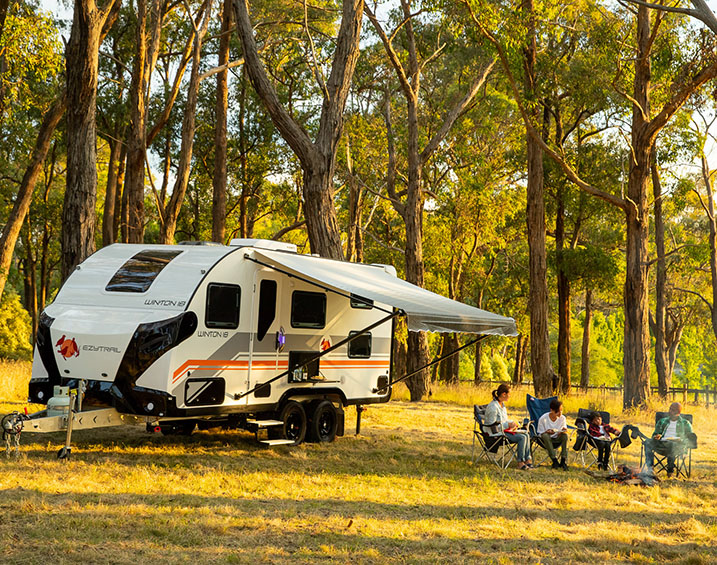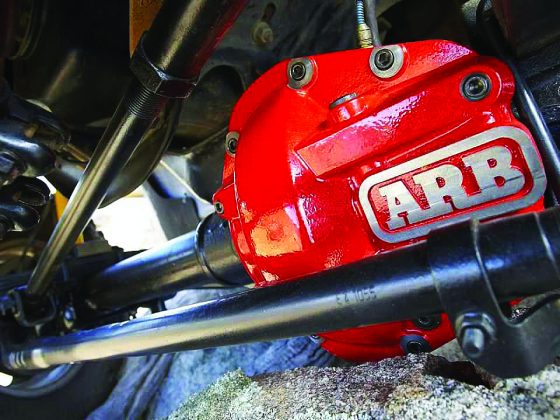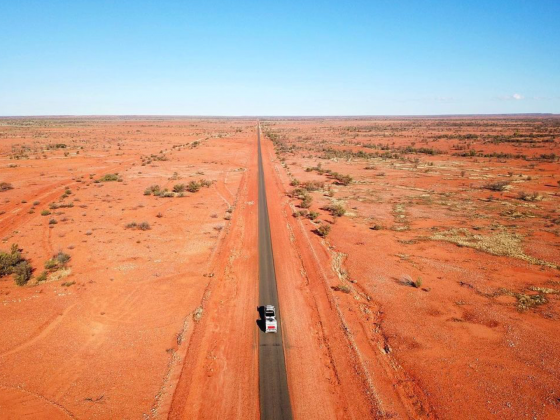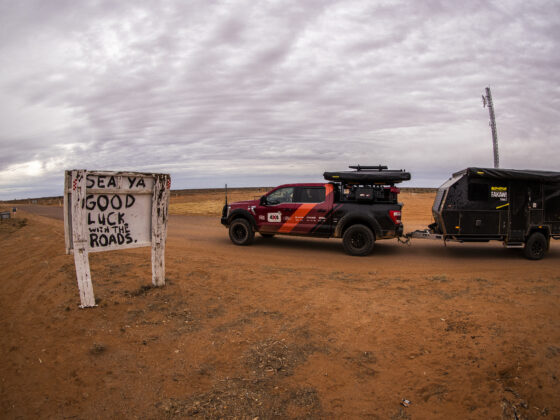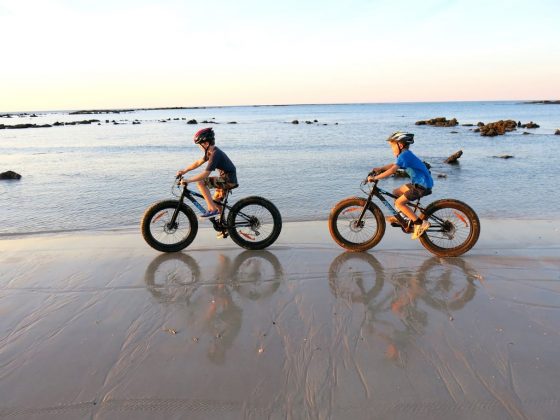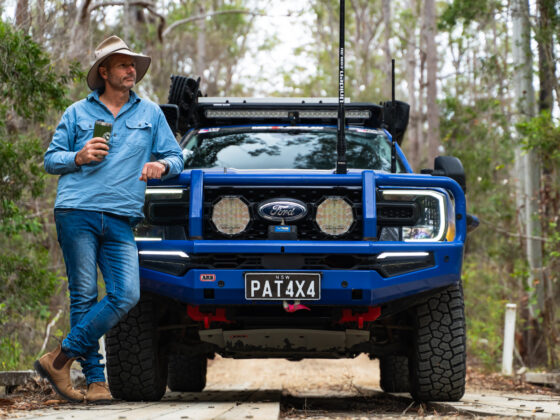So you’re thinking about buying a camper trailer? Good call. You won’t regret it. What you will regret though, is if you don’t get the right camper trailer for your needs.
Choosing the right camper is easier said than done though, right? Gone are the days when there were only a few different campers on the market to choose from. Now there are hundreds, if not more to choose from. However, at the end of the day, what’s right for the Jones next door may not be right for you. So to set you on the path to buying the right trailer the first time around, here’s what to look for when buying a camper.
Let’s start with two very important factors that will narrow your search down considerably: budget and your towing vehicle.
Stick to your budget
If you don’t want to, or cannot comfortably spend over $20,000 buying a camper, then don’t look at campers more expensive than this. It’s that simple. Pick your maximum budget and base your initial search on this. There’s plenty of online resources that’ll help you track down new or used camper trailers. Many bargains have been picked up browsing Marketplace late at night.
Between you and me, with all the hoo-hah in the media covering top-level campers that come with a top-level price, you’ll be surprised at how many fantastic affordable campers are on the market still.

Consider your towing vehicle
Before you look at buying a camper, you need to know what your vehicle can legally tow. This is easily found in the owner’s manual. Aside from this, consider that just because your vehicle can legally tow 3,500kg, it doesn’t mean that it’s a good idea.
For e.g. Although my 4X4 has been incredibly reliable over the last eight years, I am well aware that it doesn’t have a lot of guts. Towing at its maximum towing capacity of 3,000kg would not be a good idea and I would definitely not make it through some of the off-road tracks that it’s managed sans trailer if I was towing something this heavy. The heavier your trailer is, the harder your vehicle is going to have to work to tow it.
Also, you will be pretty embarrassed and disappointed if you go out and buy a u-beaut trailer only to find your vehicle can’t legally tow it. I mean, there’s no point buying a 1,800kg off-road hybrid trailer if you drive a Jimny that can only legally tow 1,300kg, right?
What is your camper style preference?
Now that you’ve narrowed down your budget and weight, let’s take a look at the three different styles of camper trailers you need to know about before buying. Once you have a preference, it’s really easy to whittle down your potential campers to just a few.
Basically, there are three different types of campers: Soft floor campers, hard floor campers and hybrid campers.
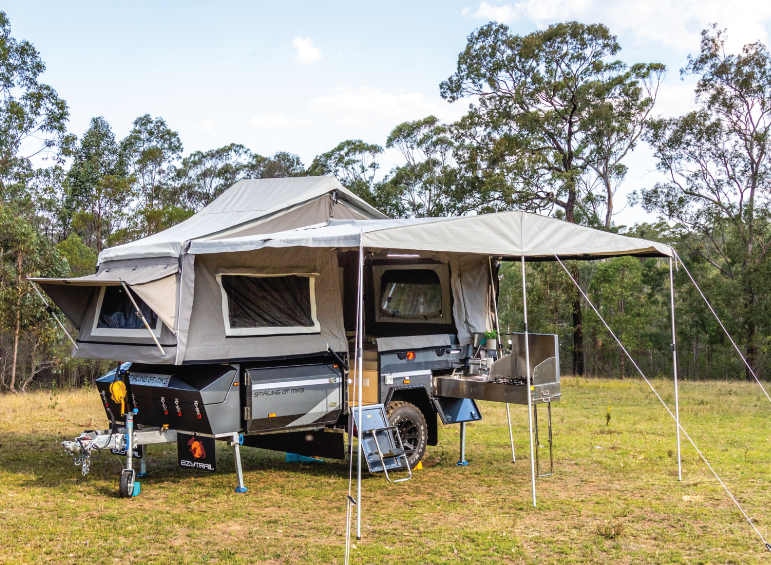
Soft floor campers used to be incredibly popular and are still an affordable choice for many. They tend to offer the most space and are easy to tow because they are often lightweight. The downside? They take the longest to set up and pack up and it can sometimes be hard to do it on your own.
Hard floor campers are a step up with a sealed body, ready-made beds and usually a pull-out kitchen unit. Some are manual and some open at the click of a button. The downside? They often don’t have as much room as a soft floor camper.
Hybrid camper trailers are exploding in popularity and are a cross between an off-road trailer and an on-road caravan. They offer better protection against the elements and a lot more comforts and luxuries from home. The downside? They are usually bigger and heavier than soft-floor and hard-floor campers.
How many people do you need to sleep?
This one is a no-brainer. If you have a large family then you need to have the room to sleep them all. Likewise, if you are a couple with no immediate plans to have a family or you’ve already been there and done that, there is no point buying a massive camper that sleeps six.
Additional room can be gained quite easily with the extra purchase of an annexe or even a rooftop tent, which can be mounted on top of some hybrid campers. Information on how many warm bodies a camper is designed to sleep is readily available on manufacturer websites.
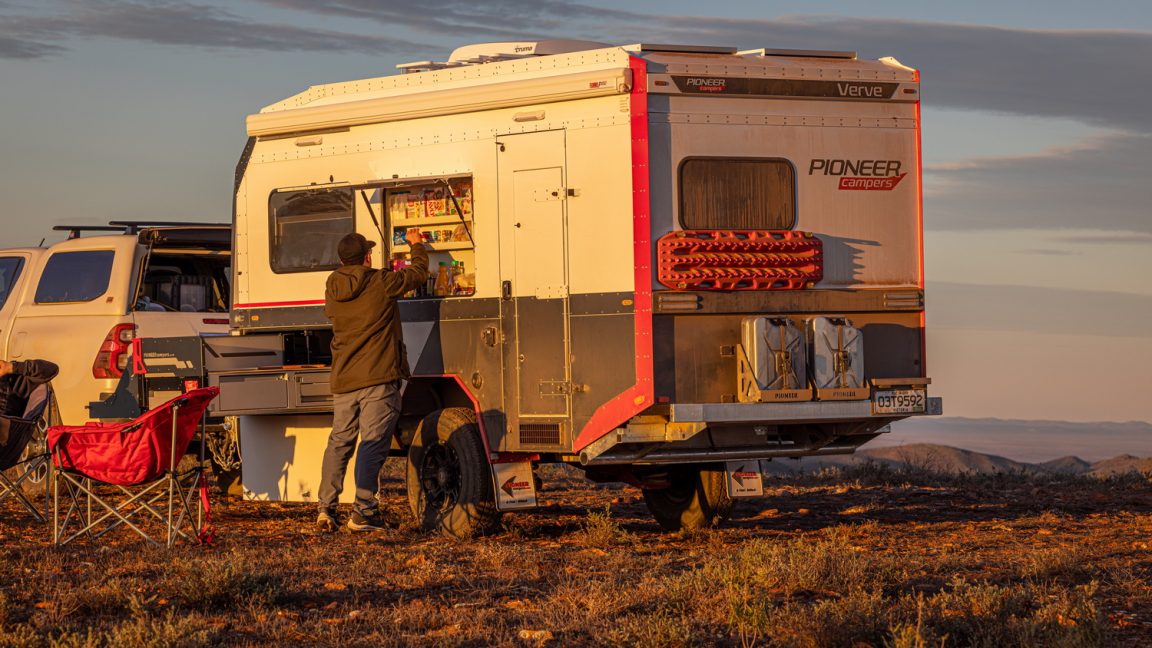
How easy is it to set up?
This is oh so important, particularly if like me, you get bored staying put in the same place for days on end. Basically, the easier and quicker it is to set your camper up, the better. Alternatively, if you tend to set up once and camp in the same place for a week at a time, you might not mind a longer set-up time.
This is of particular importance if you are travelling with young kids. Anyone who has tried to wrangle their kids away from something dangerous (like the fire) while they are simultaneously attempting to either set up or pack up their camper knows what I’m talking about.
Comforts from home
So you say you don’t need that many comforts because after all, isn’t bush toileting and cooking over a fire what camping is all about?
Well, maybe…if it’s just you. However, many people are travelling with a partner or family who might not feel the same way. Is there anywhere you can set up a camping toilet? Do you want a pull-out kitchen and sink? Are the kids unbearable in the evening without the ability to have quiet time with a movie? Do you need hot water? Showers?
There’s nothing wrong with enjoying your comforts and if you want hot water for a shower, or a second battery set up so you can charge your devices, I say go for it!
How offroad do you plan to go?
Be realistic. If offroad for you is a well-compacted gravel road into a national park campsite, you probably don’t need top of the range off-road features. On the other hand, if offroad for you is some of the roughest and toughest tracks in Australia, you’ll need to look at something built specifically for this.
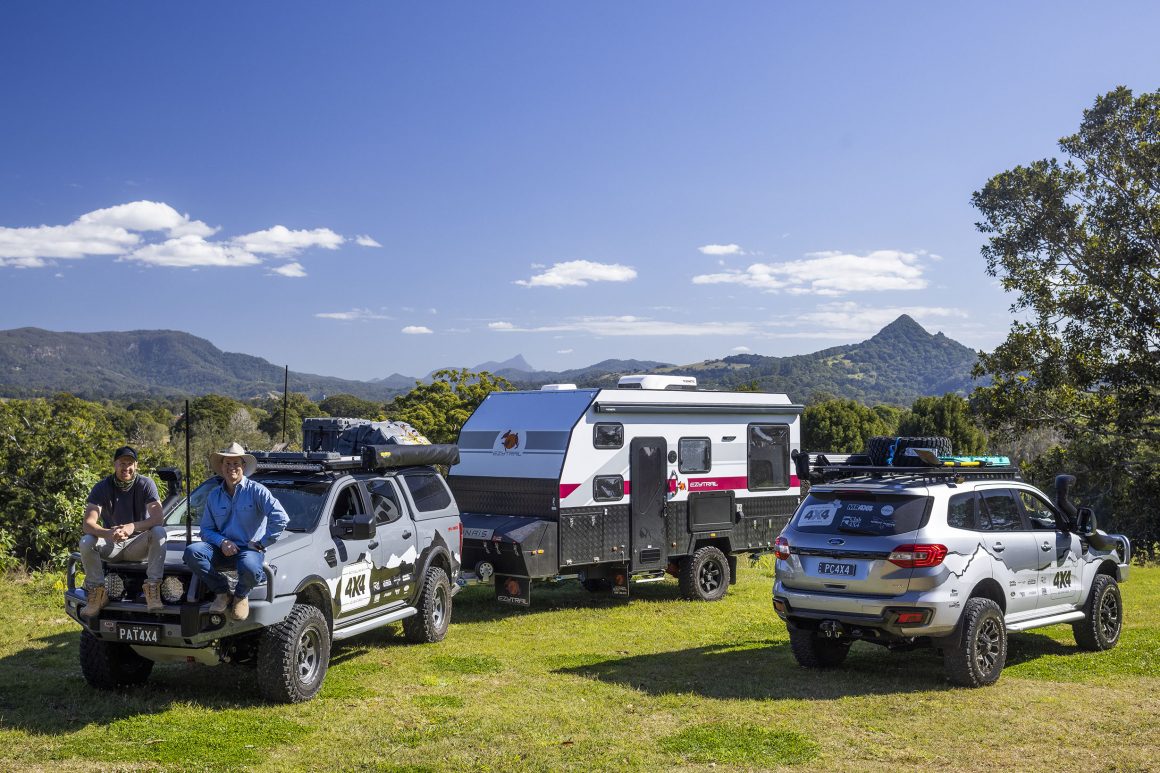
Do you plan to be off-grid for days on end?
If you dream of road-tripping out into the wilderness or desert for days on end, you will need to make sure your camper is off-grid capable. This means a large water tank and a dual battery set up with solar panels at a minimum.
Consider material and ventilation
Last but not least, consider the material your camper is primarily made from and its ventilation capabilities. Anything canvas needs to be of fantastic quality with strong, large zips. The ability to open windows and doors to let the air flow through is super important in Australia, as is mosquito mesh once the windows are actually open to stop the critters coming in.
In conclusion
Remember, what’s right for your neighbour isn’t necessarily going to be right for you. So take your time, check out the caravan and camping shows and make sure to consider these important points before laying down a deposit on a new camper.



